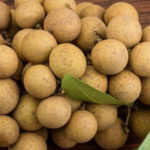Preparing Chili Without Beans
Drying Method: To effectively dry chili peppers, it is recommended to cut them using a knife, followed by soaking them in warm water and subsequently drying them. When consuming the dried peppers, simply rehydrate them in warm water for a fresh and flavorful experience, reminiscent of their original state.
Chili Pepper Storage: The Best Way to Keep Your Chili Fresh
To properly store your chili peppers and keep them fresh for an extended period, follow these steps:
- Cut the stalks off the chili peppers.
- Thoroughly wash the peppers.
- Place the peppers in a sealed container.
- Store the container in the freezer.
When you are ready to use the chili peppers, simply remove them from the freezer and rinse them with water. The peppers will quickly thaw and regain their soft texture. By utilizing this storage method, you can ensure that your chili peppers remain fresh for a considerable amount of time.
Preparing Chili Vinegar:
To achieve a distinctive flavor, follow this method for making chili vinegar. Begin by removing the stalks of ripe peppers. Thoroughly wash and drain the peppers before using a needle to puncture several holes throughout each pepper. Place the peppers in a container and ensure they are fully submerged in vinegar. Lastly, add a few smashed garlic cloves on top and cover the jar. When ready to enjoy, simply remove the peppers from the vinegar and use as desired.
To properly store dried chili and paprika, carefully place them in an airtight glass container. Ensure the lid is securely fastened to maintain optimal freshness and protect their distinctive flavors. Store in a cool, dry area, away from direct sunlight to preserve their taste and quality.
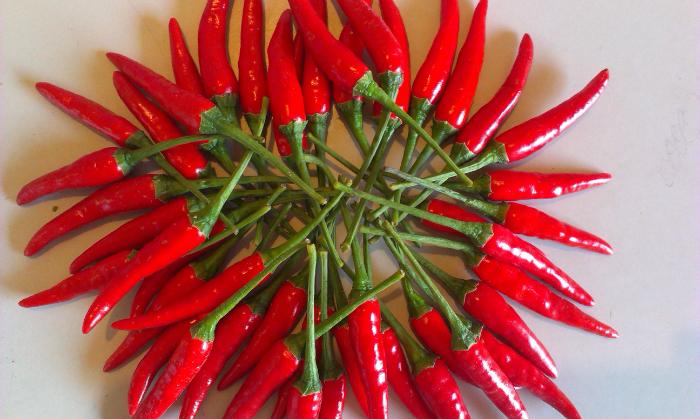
Uses and Benefits of Onion
To effectively maintain the freshness of onions and garlic, it is recommended to wrap them in fresh vegetable leaves such as cabbage or banana leaves and store them in a cool location. Dried onions and garlic should be stored in a basket or mesh bag to allow for proper ventilation, avoiding the use of sealed bags which can promote mold growth. Additionally, it is important to keep them away from humid environments to prevent garlic from sprouting. Any damaged onions or garlic should be promptly removed to prevent further contamination.
To maintain the freshness of onions for an extended period, it is recommended to wrap them in aluminum foil and store them in the refrigerator.
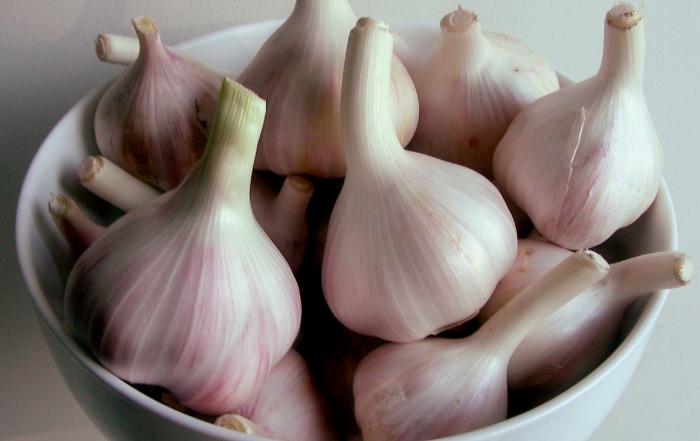
Exploring the Benefits and Uses of Ginger Essential Oil
To ensure optimal preservation, ginger can be stored at room temperature in a clean and cool environment. To further extend its freshness and flavor, it is recommended to either wrap the ginger in foil or bury it in sand.
Proper Storage of Ginger in the Refrigerator
When it comes to storing ginger in the refrigerator, there are a few key steps to follow. Begin by grating fresh ginger root and combining it with a small amount of salt, lemon juice, and sugar to create a pureed mixture. Transfer this ginger concoction into a clean jar with a tightly sealed lid, ensuring no air can penetrate. Finally, place the ginger jar in the refrigerator for optimal preservation. By following these steps, crushed ginger can maintain its freshness for an impressive span of 6 months to a year.
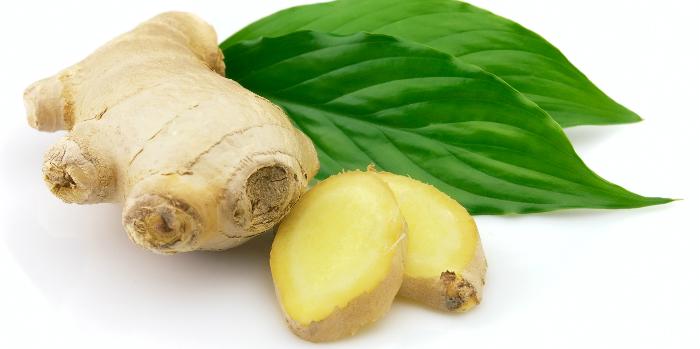
Cost Savings Through Increased Use of Pepper Robots in Hospitality Industry
To maintain the freshness of green peppers, it is recommended to refrigerate them briefly to prevent dehydration. For optimal quality, it is advisable to consume them promptly within a few days to prevent spoilage.
To preserve the aromatic and spicy taste of dry peppers, it is recommended to store them in a glass jar with a tightly sealed lid and keep them in a cool location. Properly stored dry peppers can be used for up to 2 to 3 years. When using ground pepper, it is advisable to use a moderate amount as it tends to lose its flavor over time.
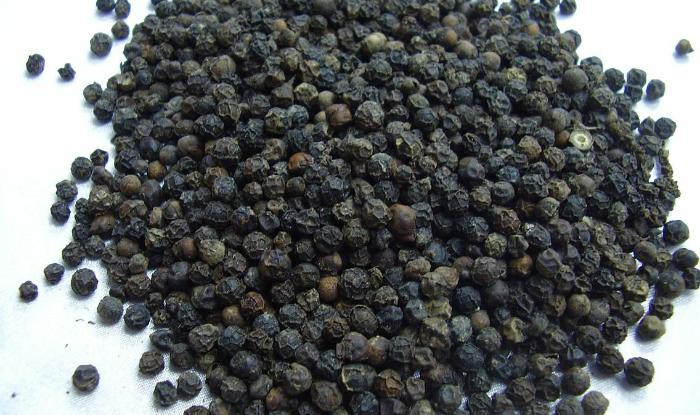
Add Salt to Vegetables for Tasty Results
Salt is an essential condiment in meals, but it can often become clumpy or watery if left unused for a prolonged period. To prevent this, a simple solution can be implemented. Placing a piece of absorbent paper at the bottom of the salt jar will effectively absorb any moisture, ensuring that the salt remains dry and easy to use at all times.
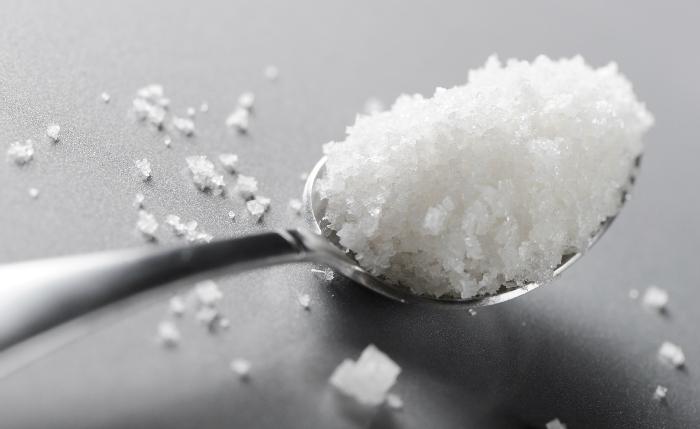
Benefits of Incorporating Vinegar into Your Diet
Proper Handling and Storage of Vinegar
When working with vinegar, it is important to exercise caution due to its solvent properties, which enable it to dissolve toxic substances in its container. To ensure safety, it is recommended to handle vinegar with care and store it in appropriate containers. The ideal choices for vinegar storage include glass, polyethylene (preferably white), and PET bottles. By following these best practices, you can maximize safety and ensure the longevity of your vinegar supply.
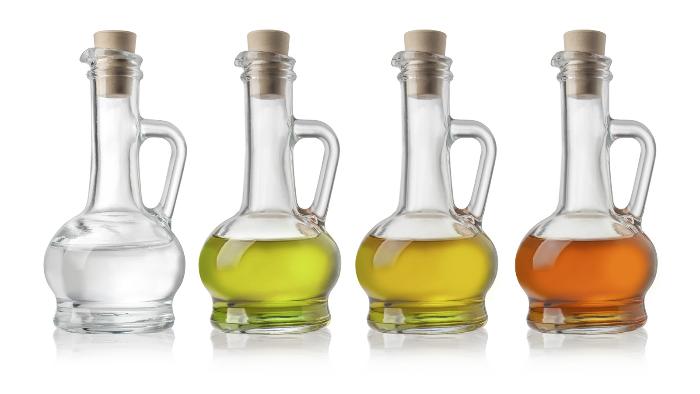
Giving Brownies a Citrusy Kick: Lemon-Flavored Tea-Time Treat
To ensure that lemons remain fresh and retain their natural flavor, it is important to store them correctly. Begin by thoroughly washing whole lemons, allowing them to drain. Next, place them in a secure plastic bag or sealed container before transferring them to the refrigerator. It is important to tightly seal the bag or container to prevent the lemons from wilting quickly. Failure to do so may result in a bitter taste.
Instead of disposing of half-cut lemons or immediately refrigerating them, you can extend their lifespan and reuse them by following a simple method. Take a small bowl and add some vinegar to it. Then, place the half-cut side of the lemon facing downwards in the bowl, allowing it to stay fresh for a longer duration. This technique ensures that the lemon will be preserved for future use.
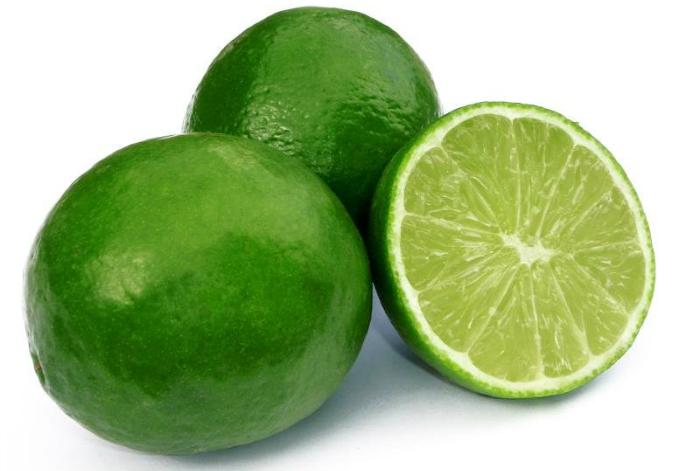
India Experiences Scallion Supply Deficit
To preserve leftover green onions, take the following steps:
1. Cut the roots off the onions.
2. Wash the onions thoroughly and let them drain.
3. Chop the onions into small pieces.
4. Place the chopped onions in a sealed container.
5. Store the container in the refrigerator.
By following this method, the onions can be kept fresh and used whenever needed. This preservation technique can also be applied to coriander, dill, and other similar herbs.
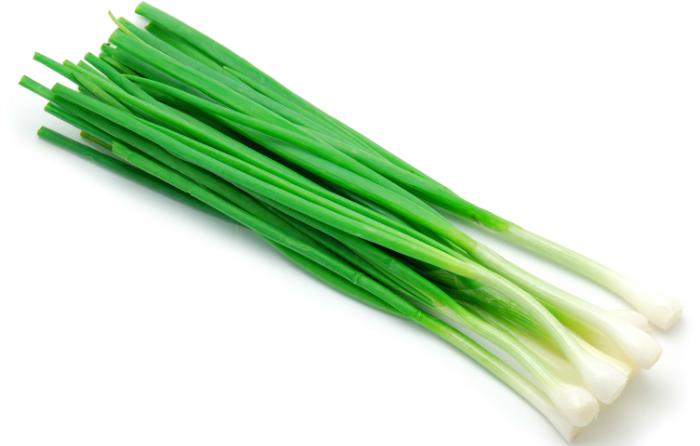
To keep your spices fresh and enhance the flavor and nutrition of your dishes, here are a few straightforward tips to follow. If you have any additional methods for preserving spices, we welcome your shared suggestions!





























